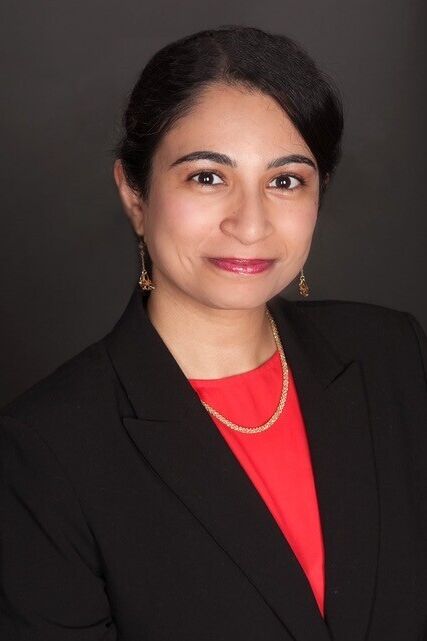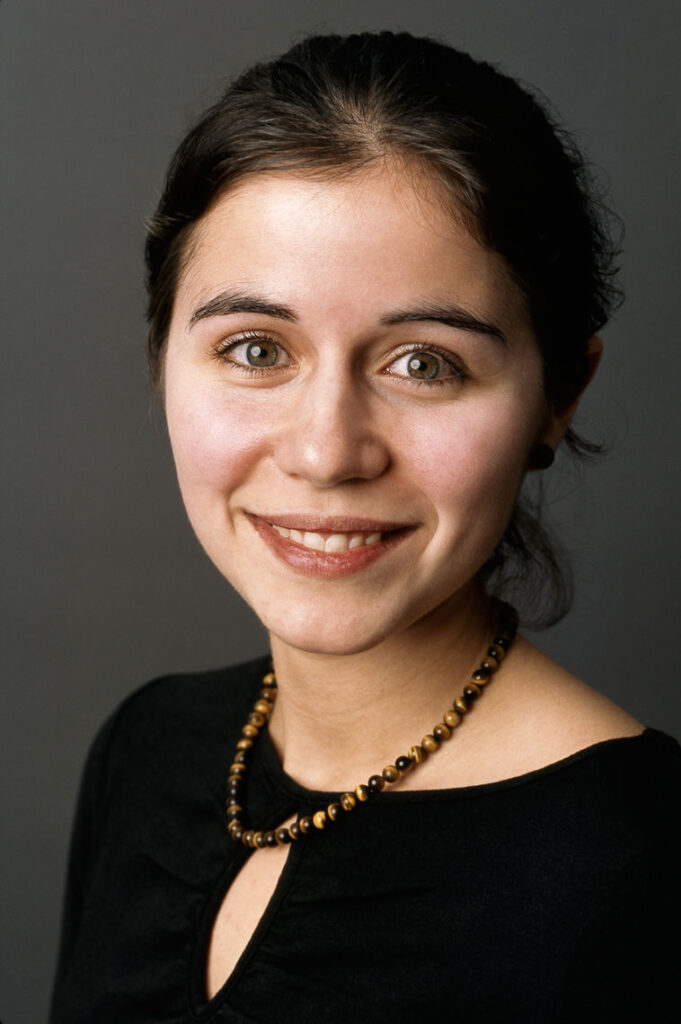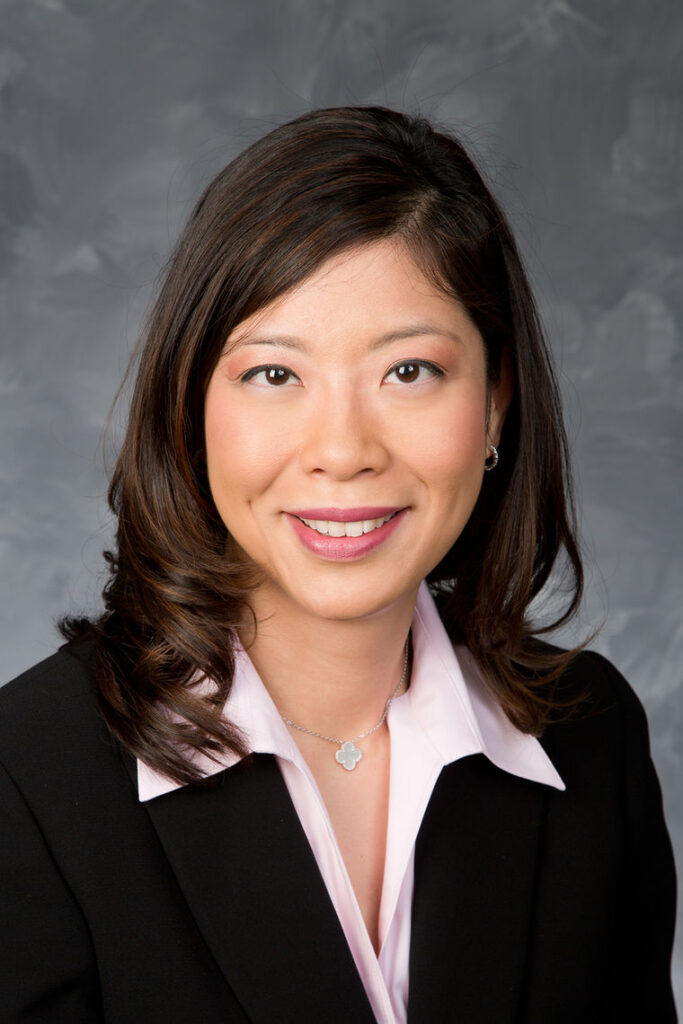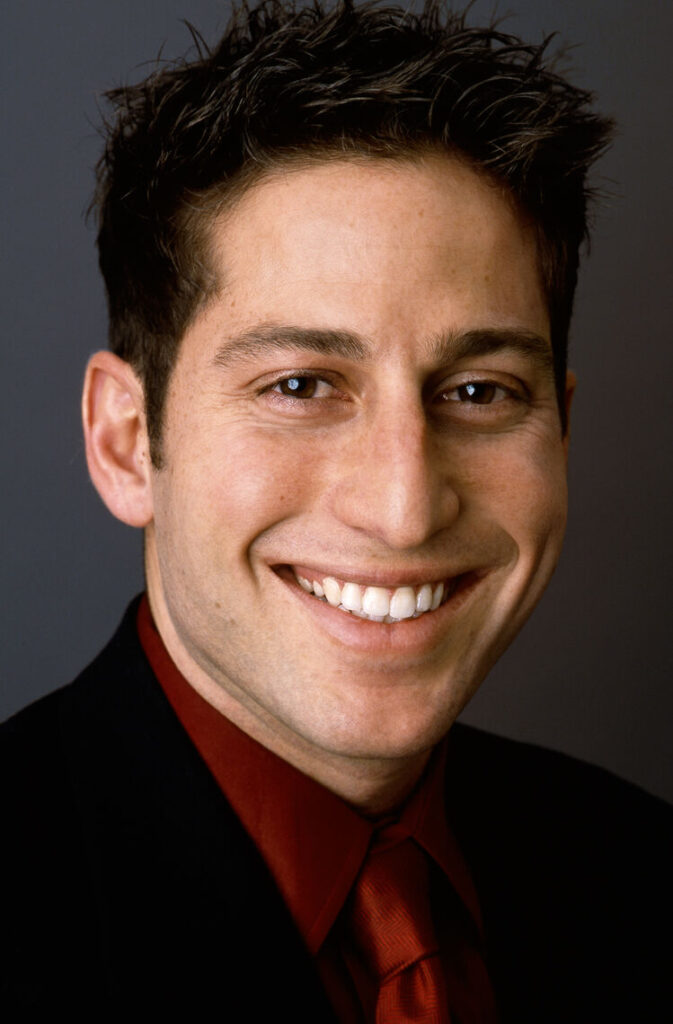
Seyedeh Maryam Zekavat
Ophthalmology Resident, Massachusetts Eye and Ear
Paul & Daisy Soros Fellowship awarded in 2017 to pursue an MD in Medicine and a PhD in Computational Biology at Yale University.
Seyedeh Maryam Zekavat is an immigrant from Iran.
Related Articles
-
 Read more: COVID-19: Paul & Daisy Soros Fellows Using Entrepreneurship, Law, and Research to Support the Fight
Read more: COVID-19: Paul & Daisy Soros Fellows Using Entrepreneurship, Law, and Research to Support the Fight- Fellow Highlights
COVID-19: Paul & Daisy Soros Fellows Using Entrepreneurship, Law, and Research to Support the Fight
-
 Read more: The 2017 Paul & Daisy Soros Fellows by the Numbers: Infographics
Read more: The 2017 Paul & Daisy Soros Fellows by the Numbers: Infographics- Fellow Highlights
The 2017 Paul & Daisy Soros Fellows by the Numbers: Infographics
Meet More Fellows
-

Markella Zanni
Associate Professor of Medicine, Harvard Medical School
Markella Zanni is the child of immigrants from Greece. Fellowship awarded in 2002 to support work towards an MD in Medicine at Harvard University
-

Anita Yang Hsu
Senior Vice President and General Counsel, MBK Real Estate Companies
Anita Yang Hsu is an immigrant from Taiwan. Fellowship awarded in 1998 to support work towards a JD in Law at University of California, Berkeley
-

Kao Kalia Yang
Activist & Professor, Author
Kao Kalia Yang is an immigrant from Thailand. Fellowship awarded in 2003 to support work towards an MFA in Creative Writing at Columbia University
-

Richard Vidal
Head of Global Agency Business Development, Google
Richard Vidal is the child of immigrants from Cuba. Fellowship awarded in 2003 to support work towards an MD in Medicine at University of Pennsylvania